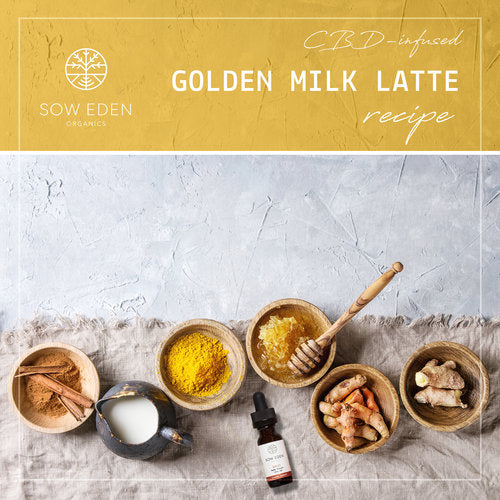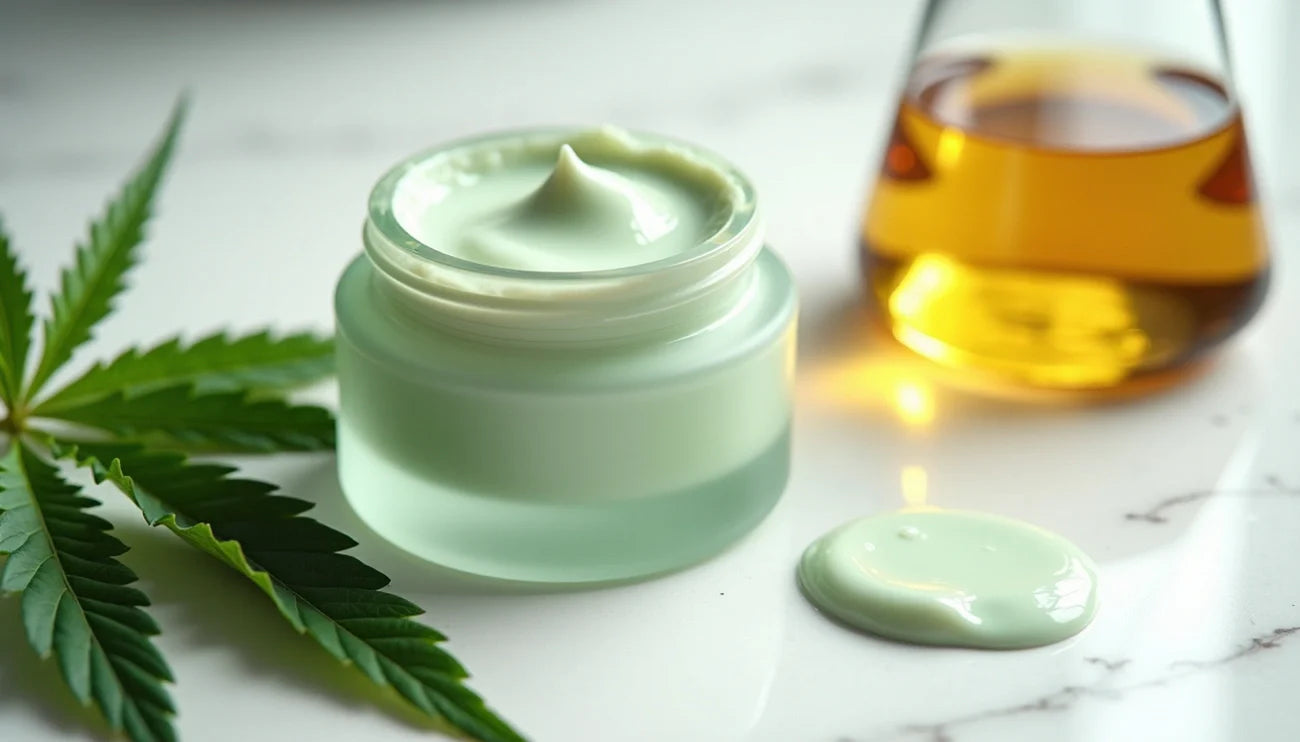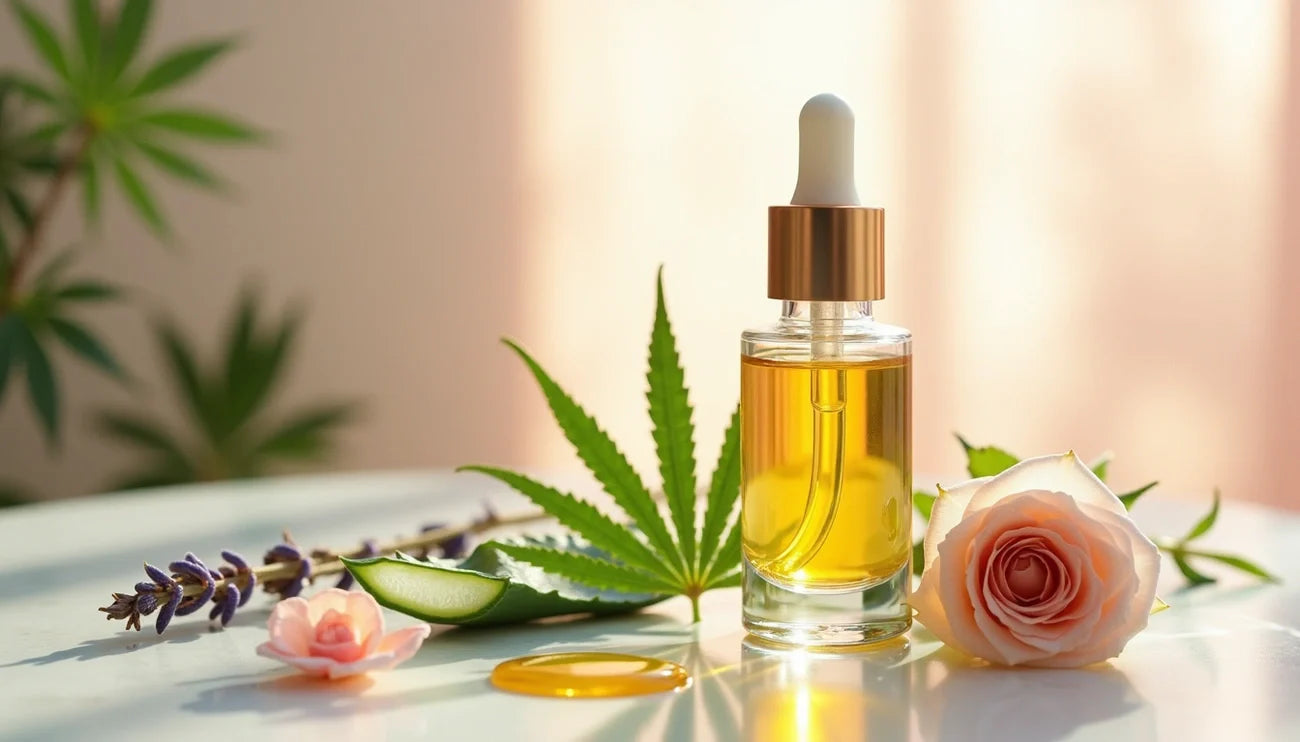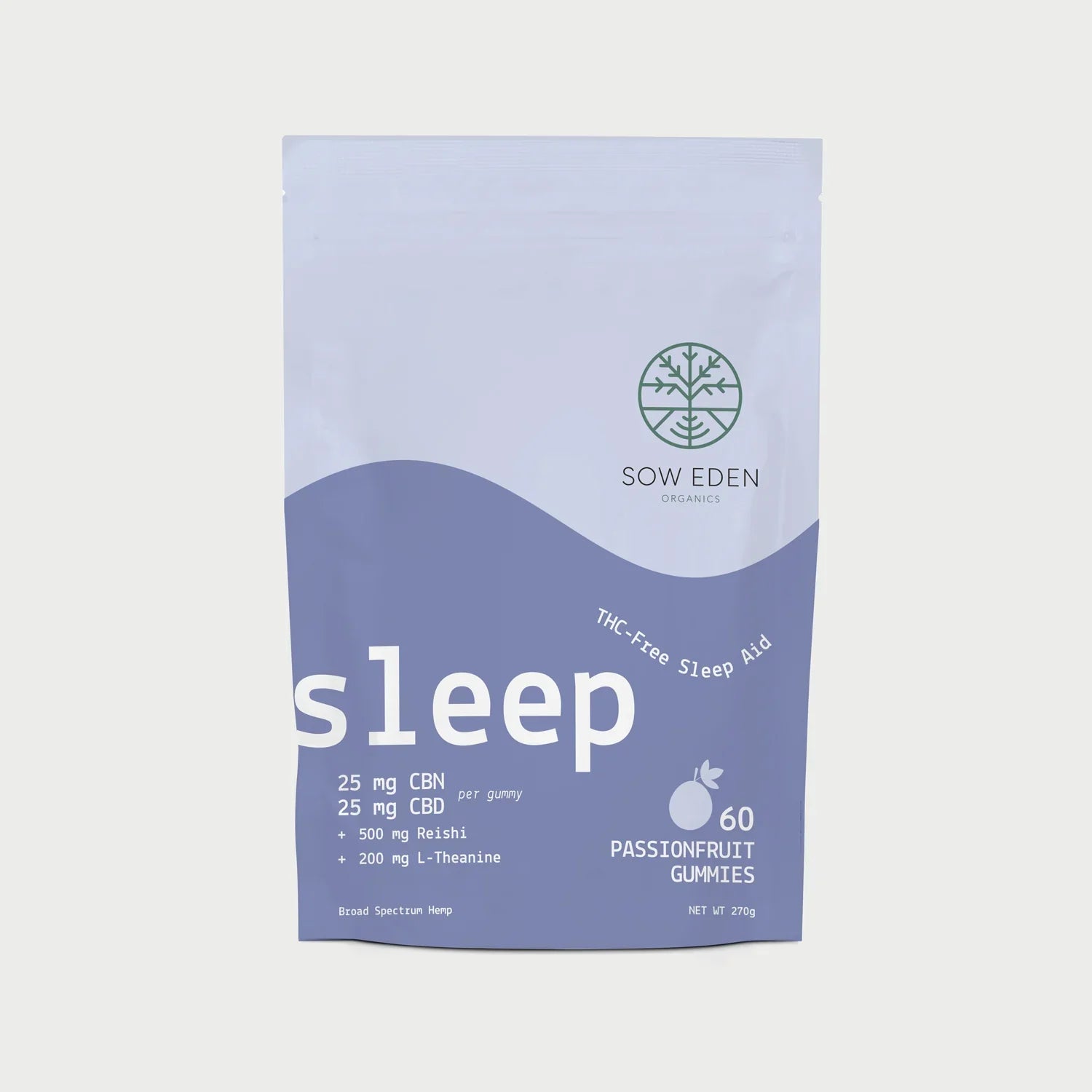Nature’s Remedy: Understanding CBD Oil
CBD oil is a natural remedy gaining popularity for its potential to support wellness. Made by extracting cannabidiol from the cannabis plant and diluting it with a carrier oil like hemp seed or coconut oil, CBD oil offers a plant-based approach to wellness without the mind-altering effects of THC.
Quick Facts about CBD Oil: - Non-psychoactive: CBD doesn't get you "high." - Natural relief: Potentially helpful for stress, pain, and sleep struggles. - Multiple uses: Available as oils, gummies, capsules, and more.

Common cbd oil vocab: - broad spectrum cbd - cbd isolate - cbd dispensary
What is CBD Oil?
CBD oil, short for cannabidiol oil, is derived from the cannabis plant, specifically from hemp. Unlike THC, another compound found in cannabis, CBD is non-psychoactive. This means it won't get you "high."
Cannabidiol: The Key Ingredient
Cannabidiol, or CBD, is one of over 100 cannabinoids found in cannabis. It's known for its potential therapeutic benefits without the intoxicating effects associated with THC.
Hemp vs. Cannabis
Cannabis plants can be classified as either hemp or marijuana, depending on their THC content. Hemp plants contain less than 0.3% THC, making them the primary source for legal CBD products. This low THC content ensures that CBD oil remains non-psychoactive.
The Extraction Process
The process of making CBD oil involves extracting cannabidiol from the hemp plant. Here's a simplified version of how it's done:
- Harvesting: Hemp plants are grown and harvested.
- Extraction: Cannabidiol is extracted using solvents like CO2 or ethanol.
- Refinement: The extracted oil is refined to remove impurities.
- Dilution: The purified CBD is then diluted with a carrier oil.

Carrier Oils: The Unsung Heroes
CBD oil is often mixed with carrier oils to improve its absorption and usability. Common carrier oils include:
- Hemp Seed Oil: Rich in essential fatty acids but contains no CBD.
- Coconut Oil: Known for its light taste and easy absorption.
- Olive Oil: Offers a familiar taste and additional health benefits.
These oils not only help deliver CBD effectively but also add their own nutritional benefits.
Why Choose CBD Oil?
CBD oil is popular for its potential to support various aspects of wellness. People use it for relaxation, pain relief, and even sleep improvement. However, choose products from reputable sources to ensure quality and safety.
Next, we'll explore the benefits of CBD oil and how it might support your wellness journey.
Benefits of CBD Oil
CBD oil is gaining popularity for its potential health benefits. Here are some of the key areas where it might help:
Pain Relief
Many people turn to CBD oil for pain relief. Research suggests that CBD might reduce pain by interacting with the body's endocannabinoid system, which regulates pain and inflammation. This makes it a potential option for those suffering from chronic pain conditions.
Relaxation
CBD oil is known for its relaxation effects. Unlike THC, CBD doesn't produce a "high," but it can help calm the mind and body. This makes it a popular choice for people looking to unwind after a stressful day.
Anti-Inflammatory Properties
CBD has anti-inflammatory properties, which can be beneficial for conditions like arthritis. Some studies have found that CBD-based treatments significantly improved pain and sleep quality in patients with rheumatoid arthritis.
Antioxidant Effects
CBD is also an antioxidant, which means it can help protect your cells from damage caused by free radicals. This antioxidant property can contribute to overall health and wellness.
Mental Health Support
CBD oil has shown promise in supporting mental health. Some studies suggest that it can help alleviate symptoms of anxiety and depression. However, more research is needed to fully understand its impact on mental health conditions.
Neurological Disorders
CBD may provide benefits for those with neurological disorders. For example, CBD-based treatments have been approved for treating seizures in rare conditions. Research is ongoing to explore its potential for other neurological issues.
Heart Health
Preliminary research indicates that CBD might benefit heart health. It may help reduce high blood pressure, which is a risk factor for conditions like stroke and heart attack.
Cancer-Related Symptoms
CBD oil may help alleviate cancer-related symptoms such as nausea, vomiting, and pain. Some studies suggest that it could also improve the effectiveness of chemotherapy, although more research is needed.
Substance Misuse Treatment
CBD might be helpful for people dealing with substance misuse. Preclinical evidence suggests it can relieve anxiety and depression in those who have a dependence on certain drugs.
Sleep Improvement
Many people use CBD oil to improve sleep. While more research is needed, some studies indicate that CBD can help people with certain sleep disorders get better rest.

Next, we'll look into the uses of CBD oil and how you can incorporate it into your daily routine.
Uses of CBD Oil
CBD oil is versatile and can be used in many ways. Here are some common methods:
Dietary Supplements
CBD oil can be taken as a dietary supplement. You can add a few drops to your morning smoothie or mix it into your coffee. This is a simple way to incorporate CBD into your daily routine without changing much.
Bath Soaks
For a relaxing experience, try CBD bath soaks. Adding CBD-infused bath salts or bath bombs to your tub can help soothe sore muscles and provide a calming effect. It's a great way to unwind after a long day.
Drinks
You can find CBD in various drinks like teas, coffees, and even sparkling water. These beverages offer a convenient way to consume CBD while enjoying a refreshing drink.
Food
CBD can also be added to food. You can find it in snacks like gummies, cookies, and even chocolates. Cooking with CBD oil is another option—just make sure to use low heat to preserve its benefits.
Topical Applications
Topical applications include lotions, creams, balms, and salves that you apply directly to your skin. These are great for targeting specific areas of pain or inflammation, such as sore joints or muscles. They can also help with skin conditions like eczema and psoriasis.
Capsules
If you prefer a more controlled dosage, CBD capsules are a good option. They are easy to take and provide a consistent dose, making it simple to track your intake.
Tinctures
CBD tinctures are usually taken sublingually, which means you place a few drops under your tongue. This method allows for quick absorption into the bloodstream. Tinctures often come with a dropper for easy dosing and can be flavored to make them more palatable.
Using CBD oil in these various forms allows you to find the best method that suits your lifestyle and needs. Whether you're adding it to your morning routine or using it for targeted relief, there are plenty of options to explore.
How to Use CBD Oil
Understanding how to use CBD oil is crucial for getting the most out of its benefits. Here's a simple guide to help you steer the different methods and dosages.
Dosage
There are no one-size-fits-all guidelines for CBD dosage. It's best to start small and gradually increase the amount. Many experts recommend starting with 5-10 mg per day and adjusting as needed. Always consult with a healthcare provider to find the right dosage for you.
Administration Methods
CBD oil can be administered in several ways, each with its own benefits and drawbacks.
Sublingual
Taking CBD oil sublingually means placing a few drops under your tongue. Hold it there for about 60 seconds before swallowing. This method allows for quick absorption into the bloodstream, making it one of the most effective ways to take CBD.
Topical
Topical applications like lotions, creams, and balms are great for targeting specific areas of pain or inflammation. Apply the product directly to the skin where you need relief. This method is less likely to cause systemic side effects since it doesn't enter the bloodstream significantly.
Capsules
CBD capsules offer a convenient and controlled dosage. They are easy to take and provide a consistent amount of CBD, making it simple to track your intake. However, they need to be processed by the digestive system, which can delay the onset of effects.
Vaping
Vaping CBD involves inhaling vaporized CBD oil through a vape pen or similar device. This method allows for rapid absorption into the bloodstream. However, it comes with potential risks to lung health and should be approached with caution.
Mixing with Food
You can also mix CBD oil with food and drinks. Add a few drops to your morning coffee, smoothie, or even your favorite snacks. This method is convenient but may result in slower absorption since the CBD has to pass through the digestive system.
Finding Your Routine
Experiment with different methods to find what works best for you. Some people prefer taking CBD in the morning, while others find it more beneficial in the evening. You can also split your dose, taking some in the morning and some in the evening.
By understanding these various methods and dosages, you can find the best way to incorporate CBD oil into your daily routine.
Potential Side Effects of CBD Oil
While CBD oil is generally considered safe, it's important to be aware of its potential side effects. Here are some common and less common side effects you might encounter.
Common Side Effects
Dry Mouth
One of the most frequently reported side effects is dry mouth. This occurs because CBD can affect saliva production. Drinking plenty of water can help alleviate this symptom.
Diarrhea
Some users may experience diarrhea, especially when starting CBD or increasing the dose. If this happens, consider lowering your dosage and consult your healthcare provider.
Reduced Appetite
CBD oil can sometimes lead to a reduced appetite. This might be beneficial for some, but it could be a concern if you have specific dietary needs or conditions that require a consistent calorie intake.
Drowsiness and Fatigue
Drowsiness or fatigue can occur, particularly with higher doses. This is why start with a low dose and gradually increase it. Avoid driving or operating heavy machinery until you know how CBD affects you.
Medication Interactions
CBD can interact with various medications. It affects how your body metabolizes certain drugs, which could lead to higher or lower levels of the medication in your bloodstream. Always consult your healthcare provider before adding CBD to your routine, especially if you are taking prescription medications.
Liver Function
There have been reports of changes in liver enzymes with CBD use. This is particularly relevant for individuals with pre-existing liver conditions. Regular monitoring of liver function may be required if you're using high doses of CBD.
Purity and Dosage Concerns
Purity
Not all CBD products are created equal. Some may contain contaminants like heavy metals, pesticides, or even unlisted THC. Always choose products that have been third-party tested for quality and purity.
Dosage
Finding the right dosage can be tricky. Too much CBD can increase the likelihood of side effects like fatigue and diarrhea. It's crucial to follow the dosage guidelines provided by the manufacturer and consult with a healthcare provider for personalized advice.
Serious Side Effects
While rare, serious side effects can occur, particularly in individuals with treatment-resistant epilepsy. These include:
- Status Epilepticus: A life-threatening condition where a seizure lasts longer than five minutes.
- Pneumonia: Some users have reported infections of the air sacs in the lungs.
If you experience any severe side effects, discontinue use immediately and seek medical attention.
By being aware of these potential side effects, you can make an informed decision about incorporating CBD oil into your wellness routine. Always consult with a healthcare provider to ensure it's the right choice for you.
Legal Status of CBD Oil
Understanding the legal status of CBD oil can be confusing, but it's crucial for ensuring you're compliant with the law. Here's what you need to know.
Federal Law
In the United States, the 2018 Farm Bill made hemp and its derivatives, including CBD, legal at the federal level. Hemp is defined as cannabis with less than 0.3% THC, the psychoactive compound that gets you "high." This means that CBD oil derived from hemp is legal across the country.
State Laws
While federal law permits hemp-derived CBD oil, state laws can vary. Some states have more restrictive laws and may require a prescription for CBD products. Others have fully acceptd CBD, allowing it to be sold in stores and online without any restrictions. Always check your local laws to ensure compliance.
THC Content
For CBD oil to be legal under federal law, it must contain less than 0.3% THC. Products with higher THC content are considered marijuana and are subject to stricter regulations. Always check the THC content on the product label to ensure it meets legal requirements.
FDA Approval
The FDA has approved only one CBD product so far: Epidiolex, a prescription medication used to treat certain types of epilepsy. This approval was based on rigorous clinical trials demonstrating its effectiveness and safety. Other CBD oil products are not FDA-approved and are marketed as dietary supplements, which means they are not intended to diagnose, treat, cure, or prevent any disease.
Nonprescription Products
Most CBD oil products available in stores and online are nonprescription. These include tinctures, capsules, topicals, and edibles. While these products are legal in many states, they are not regulated by the FDA. This lack of regulation means that the quality and contents of nonprescription CBD products can vary widely. Always choose products from reputable brands that provide third-party lab testing to verify their quality and purity.
By understanding the legal landscape, you can make informed decisions about purchasing and using CBD oil. Always stay updated on the laws in your area and consult with a healthcare provider for personalized advice.
Frequently Asked Questions about CBD Oil
What is the downside of CBD oil?
CBD oil has many potential benefits, but it's important to be aware of its downsides. Some common side effects include:
- Dry mouth
- Diarrhea
- Reduced appetite
- Drowsiness
- Fatigue
Additionally, CBD oil can interact with medications, particularly those that are metabolized by the liver. This can alter the effectiveness of these medications and may lead to unwanted side effects. Always consult with a healthcare provider before starting any new supplement, especially if you're already taking other medications.
Another concern is the purity of CBD oil. Since the FDA does not regulate nonprescription CBD products, their quality can vary. Some products may contain harmful substances or not have the amount of CBD listed on the label. It's crucial to choose products from reputable brands that provide third-party lab testing to ensure quality and purity.
What does daily CBD oil do?
Taking CBD oil daily can have several effects on your body. Many users report a calming effect, which can help reduce anxiety and stress. CBD oil is also commonly used as a sleep aid, helping people fall asleep faster and stay asleep longer.
CBD oil interacts with the central nervous system, which can help manage pain and reduce inflammation. This makes it a popular choice for those dealing with chronic pain conditions.
However, it's important to note that the benefits of CBD oil can vary from person to person. Some may experience significant improvements, while others may notice little to no effect. Consistency is key; taking CBD oil regularly can help it build up in your system and provide more noticeable benefits over time.
Can CBD oil help with sexual health?
While CBD oil is not specifically designed to treat sexual health issues, it may offer some indirect benefits. For instance, CBD oil can help reduce anxiety and stress, which are common psychological factors that can affect sexual performance. Additionally, its anti-inflammatory properties can improve overall cardiovascular health, which is crucial for sexual function.
However, there is limited scientific evidence to directly support the use of CBD oil for treating sexual health issues. If you're considering CBD oil for this purpose, it's best to consult with a healthcare provider to explore all your options and determine the most effective treatment for your needs.
At Sow Eden, we are dedicated to providing premium organic CBD products that support holistic wellness. Our unique formulations combine CBD-A and CBG-A with powerful natural botanicals like Ginger Root and Lemon Peel. This combination improves immune support and offers a comprehensive approach to well-being.
Our commitment to quality ensures that every product undergoes rigorous testing for potency, pesticides, and solvents. This means you can trust that you're getting a safe and effective product every time.
Why Choose Sow Eden?
- Holistic Wellness: Our products are designed to support your overall health, not just target specific symptoms.
- Immune Support: The addition of natural botanicals like Ginger Root and Lemon Peel helps boost your immune system.
- Quality Assurance: Each product is tested multiple times to ensure it meets our high standards for purity and potency.
Ready to Experience the Benefits?
Whether you're looking to relieve pain, reduce anxiety, or improve sleep, our premium organic CBD products can be a valuable addition to your wellness routine. Explore our shop page to find the perfect product for your needs.
Thank you for considering Sow Eden as your trusted source for high-quality CBD. We are committed to helping you achieve a balanced and healthy lifestyle through the power of nature.




